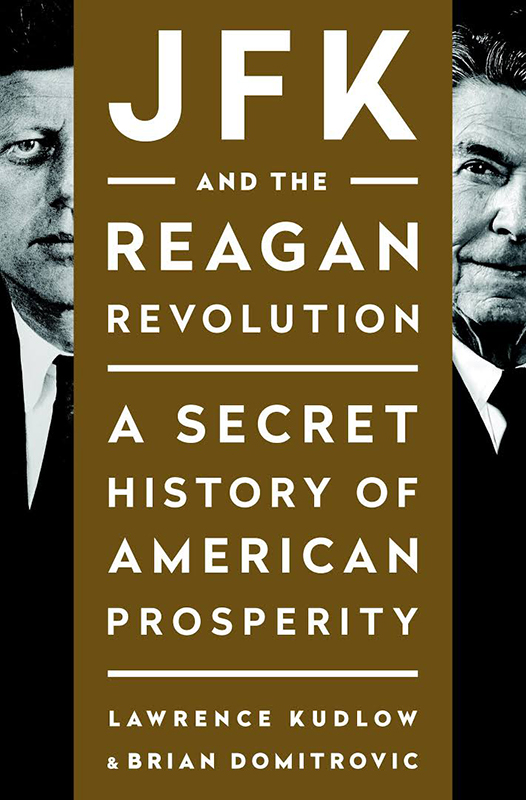Lawrence Kudlow ESB ’65 and Brian Domitrovic
Penguin Random House
September 2016
Distinguished Alumnus Lawrence Kudlow—the former Reagan Administration official and current CNBC senior contributor—and his co-author make the case that President John F. Kennedy was the first supply-sider and the inspiration for the economic policies of President Ronald Reagan. According to liberal conventional wisdom, “the great postwar prosperity”—the most cherished period of American economic history—came because we were smart enough to tax the rich at very high rates, expand government spending, and redistribute wealth. However, JFK realized that high taxes that punished success and fanned class warfare harmed the economy. In the 1950s, when high tax rates prevailed, America endured recessions every two or three years and the ranks of the unemployed swelled. Only in the 1960s did an uninterrupted boom at a high rate of growth (averaging 5 percent per year) drive a tremendous increase in jobs for the long term. The difference was Kennedy’s economic policy, particularly his push for sweeping tax-rate cuts. Kennedy was so successful in the 1960s that he directly inspired Ronald Reagan’s tax cut revolution in the 1980s.

